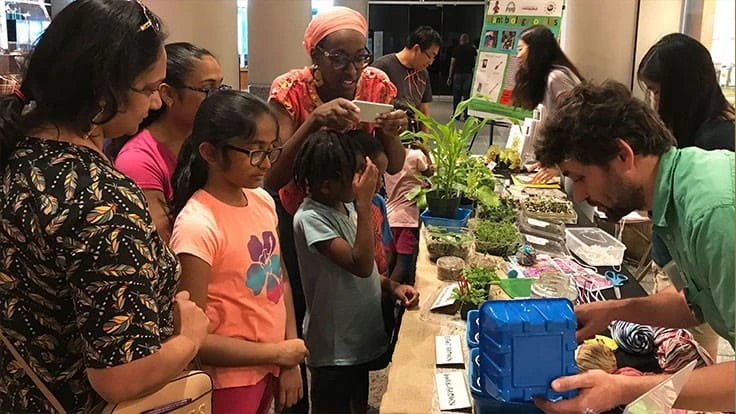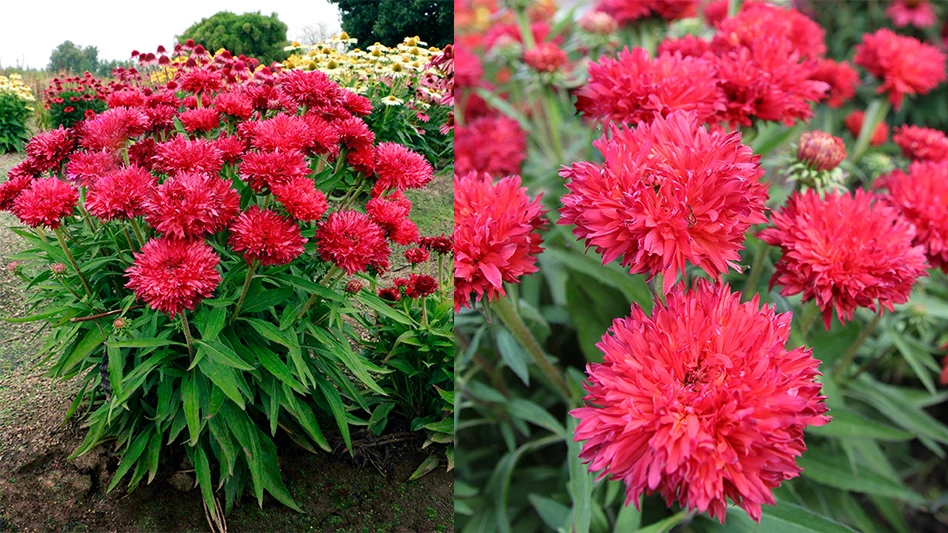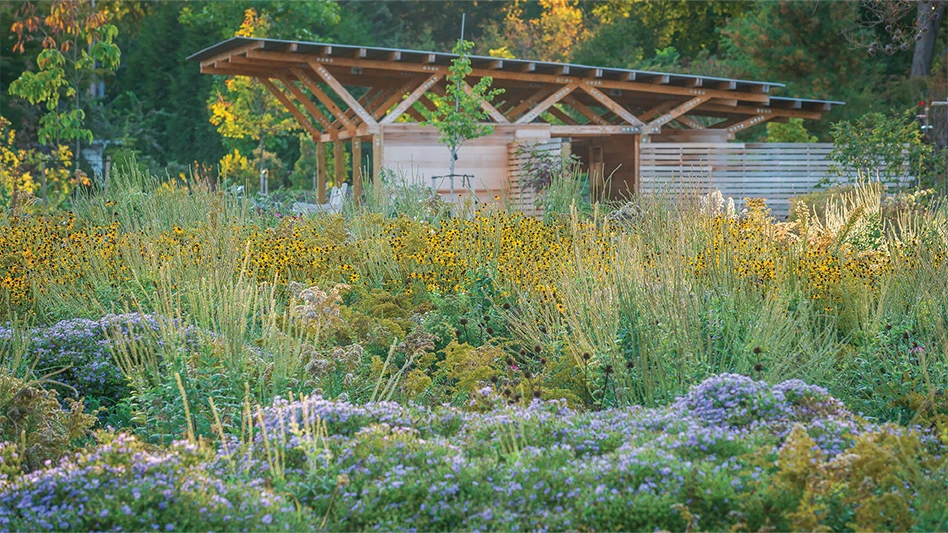
NC State's CALS News
Source: NCSU CALS News
Colleagues Terri Long and Anna Stepanova are serious about promoting plant sciences and making them accessible to the public.
Did you know that seeds will germinate in the dark? That solar cells mimic biological processes in plants? That plants make life on earth possible by moving nutrients from soil into people?
Stepanova and Long, faculty members in the Department of Plant and Microbial Biology at North Carolina State University, share these fascinating facts and many more through hands-on children’s workshops at museums, bilingual modules on plant science, college classes, and campus lab tours and mentoring for aspiring scientists.
Now Stepanova and Long are sharing their strategies as co-authors of a new white paper on outreach, including ideas to reach students from groups that are underrepresented in the plant sciences.
It’s part of a national effort to attract the next generation of plant scientists and help the public appreciate plants’ contributions to our lives. A National Science Foundation-supported workshop in 2018 inspired colleagues from across the country to work together.
Long and Stepanova were asked to talk about how they share their passion for plant sciences.
What motivates you to devote time to outreach work?
Anna Stepanova: "I think sometimes people may be plant-blind. We’re on the move, driving by in our cars, and because plants are sessile (rooted in place), we tend to not notice them. Our hope is that we can get the younger generation and adults excited about what plants do for us and hopefully convince people to pay attention. I know that people who do gardening love their plants, but this is a smaller community. People who live in cities walk by trees and they may take it for granted, right? They don’t think about the fact that the trees are purifying the air for them or providing shade."
"People like Terri and me, we’re scientists, and one of our missions is to educate others and to make the work that we do more accessible to the public so that regular folks understand why tax dollars are being invested into basic research. Terri works on iron deficiency in plants. I work on plant hormones and plant development. So why is it important to study those areas? Why are we getting large grants for our research? We want to make it accessible so that people understand and appreciate why our work is necessary."
Read the rest of the story here.
Latest from Greenhouse Management
- Grant awarded to test western U.S. wood species for use as wood fiber potting substrate
- Pennsylvania Horticultural Society announces 2025 Gold Medal Plant winners
- Oasis Grower Solutions announces new Southeast territory sales manager
- A nation of gardeners: A history of the British horticulture industry
- Last Word with Angela Labrum, Bailey Nurseries
- Iowa plant supplier Plantpeddler building retail complex
- This month's Greenhouse Management magazine is about native plants and sustainability
- The HC Companies, Classic Home & Garden merge as Growscape





